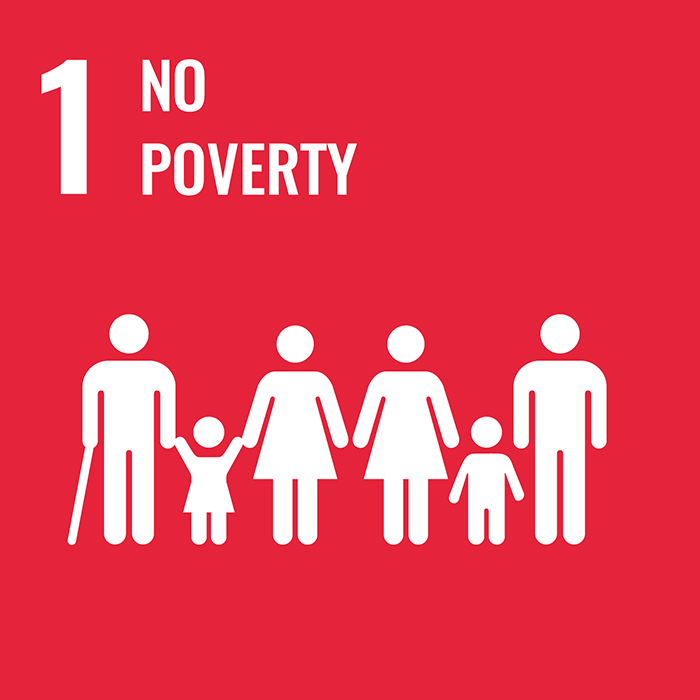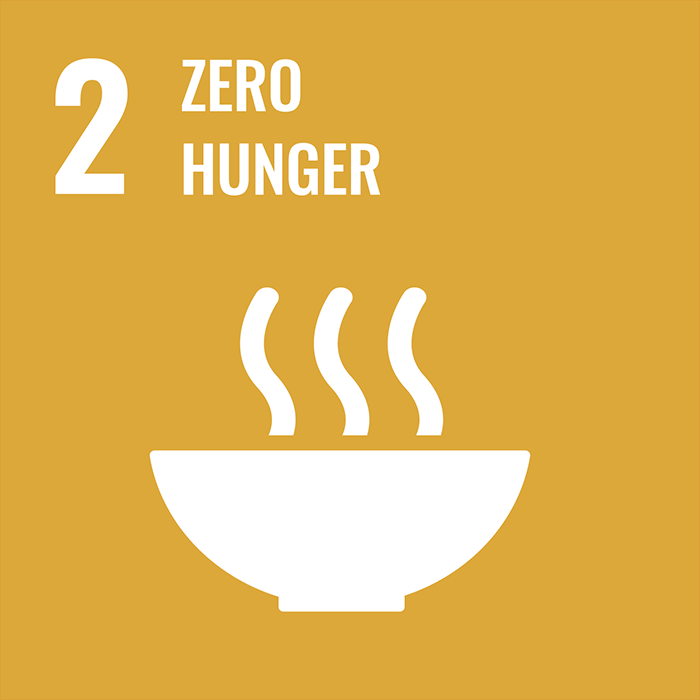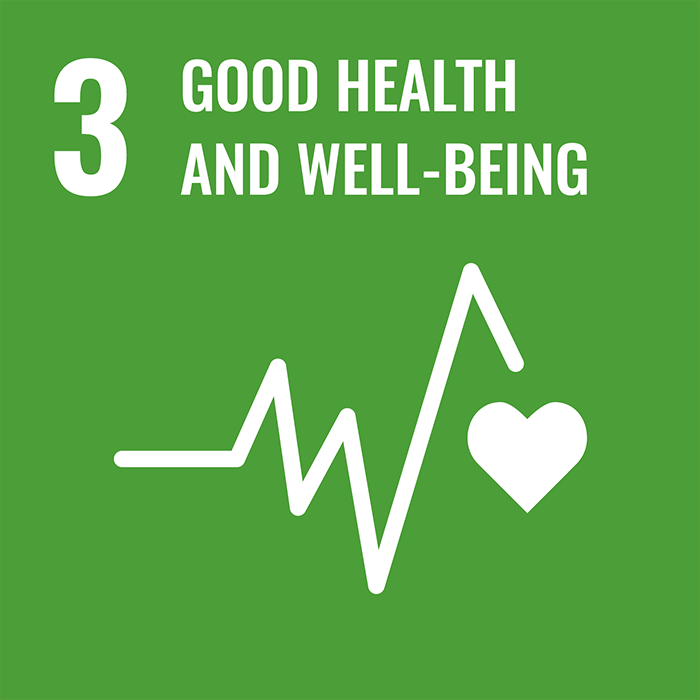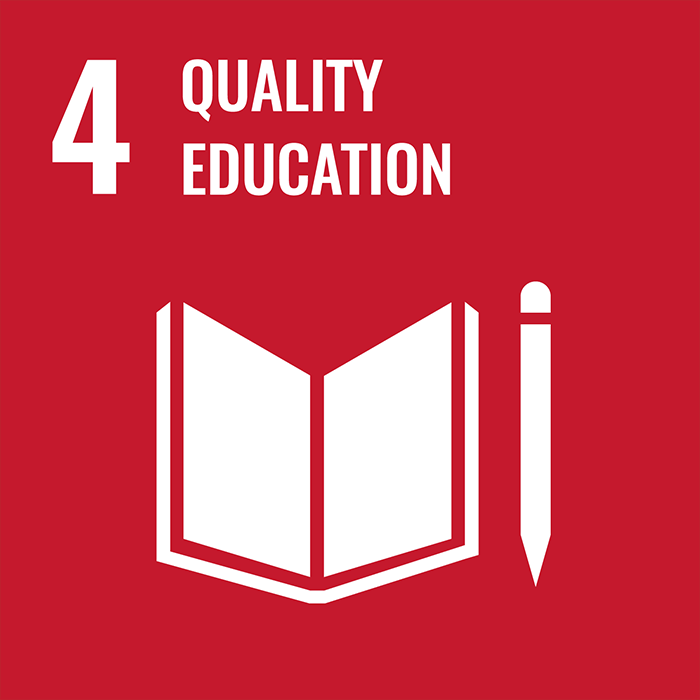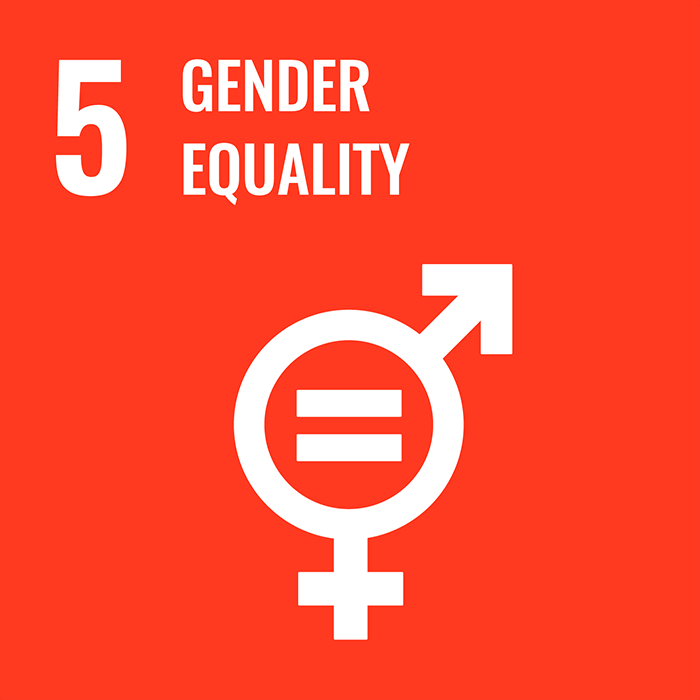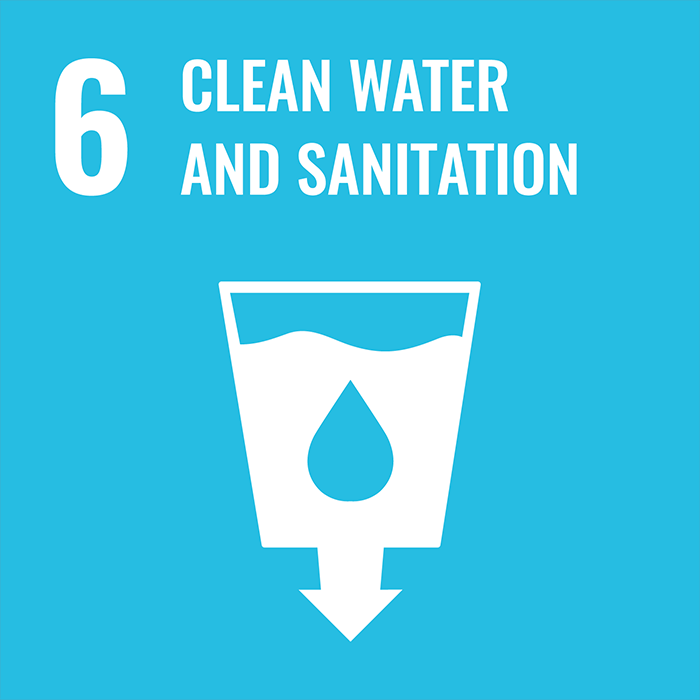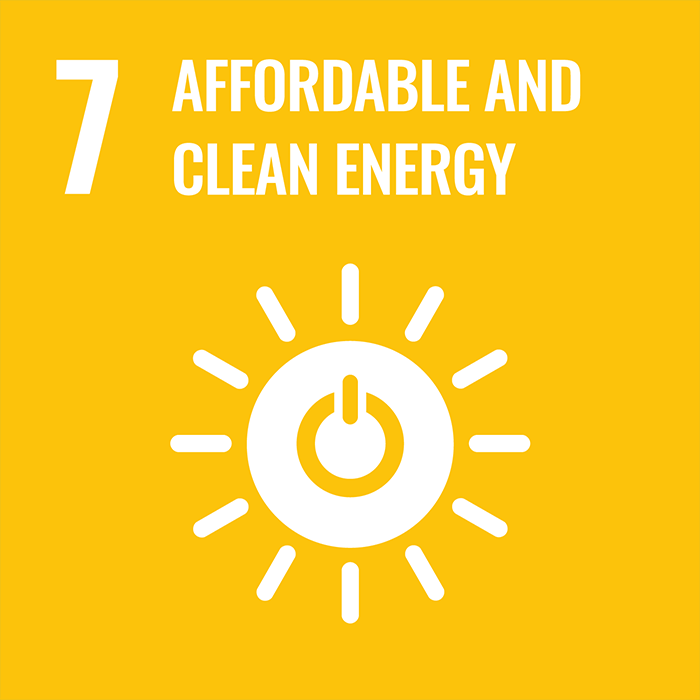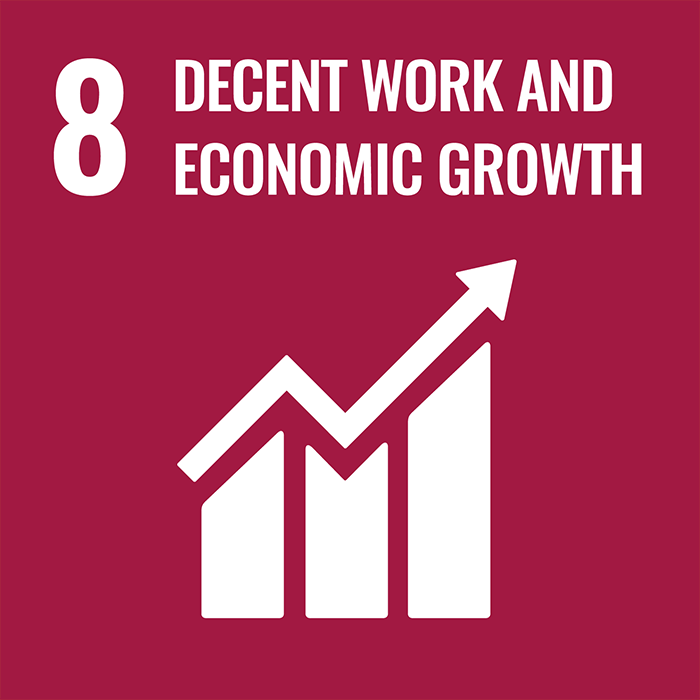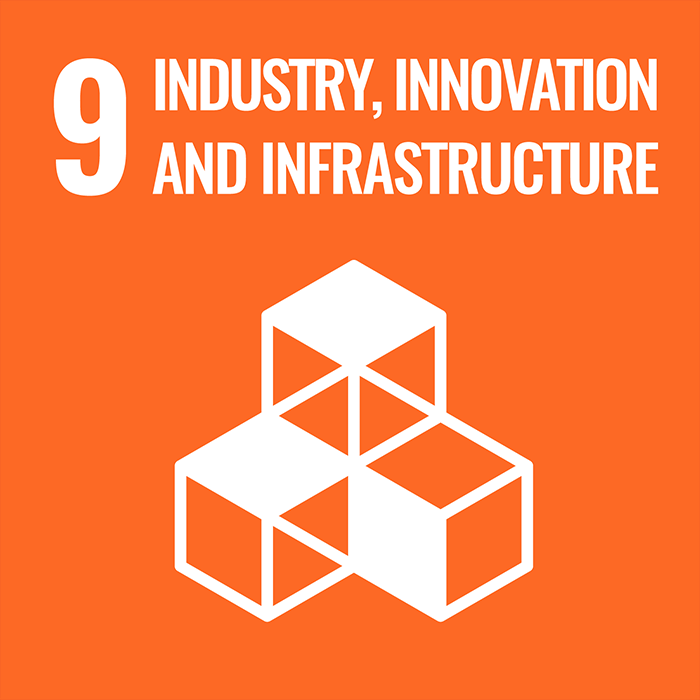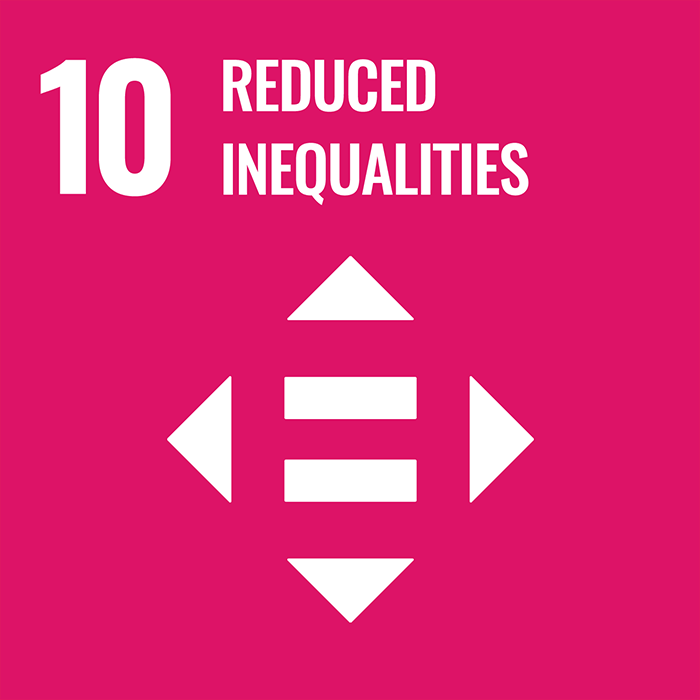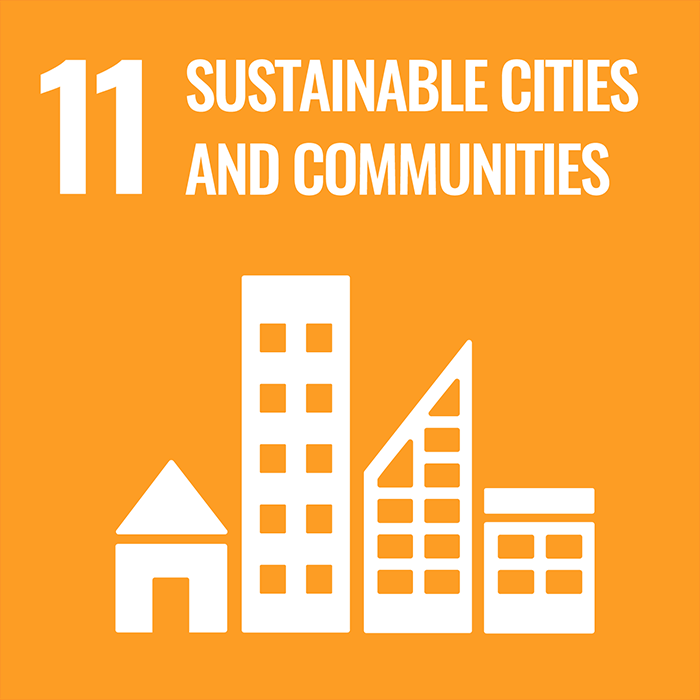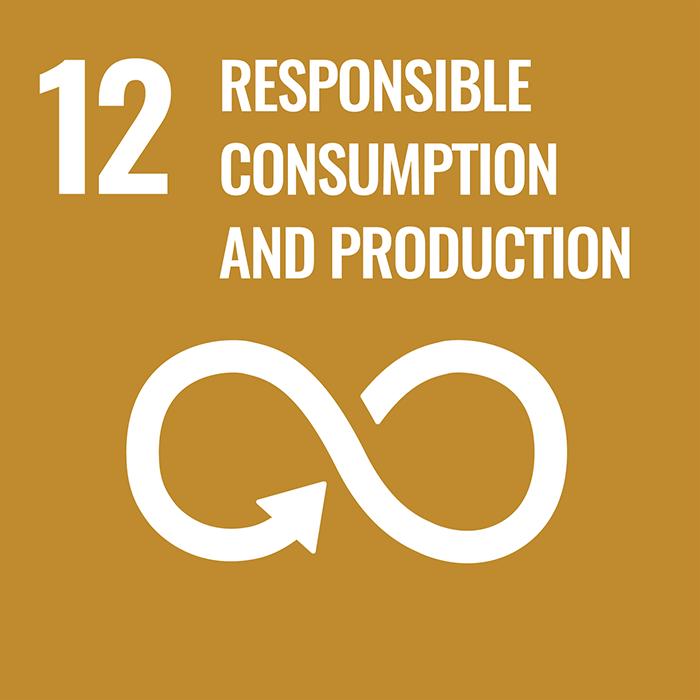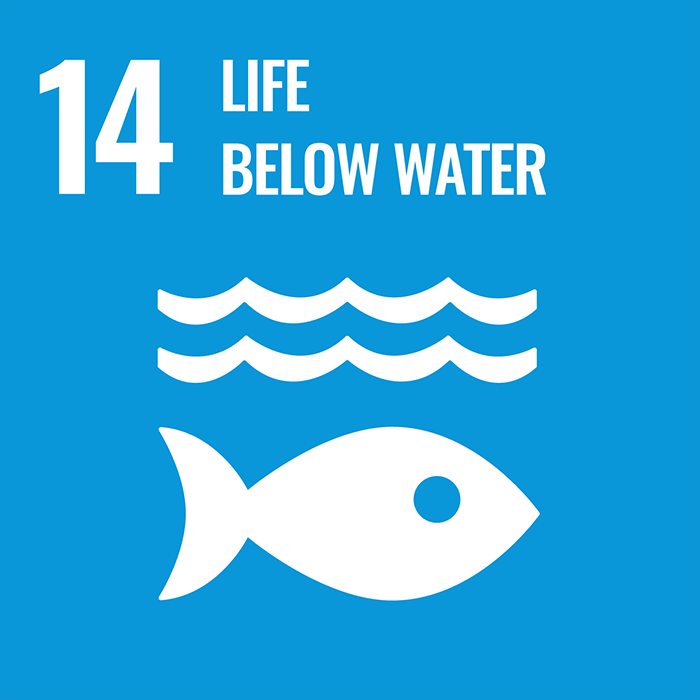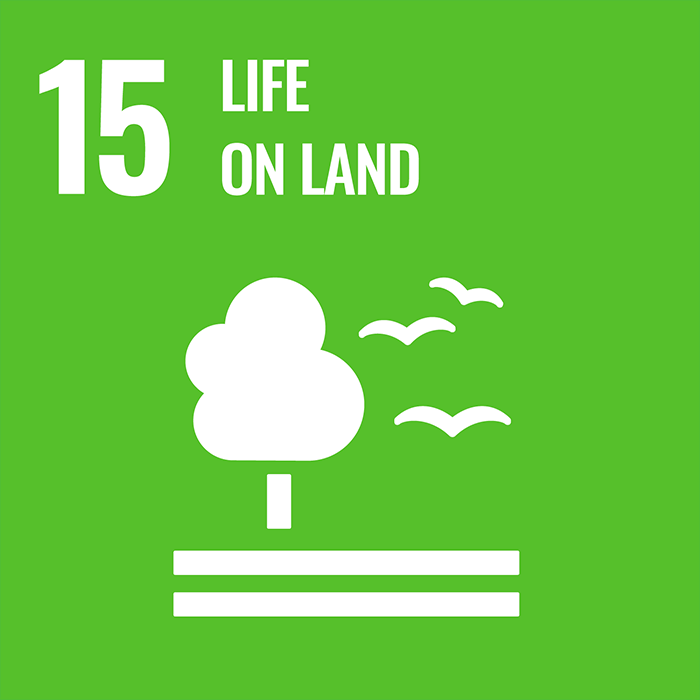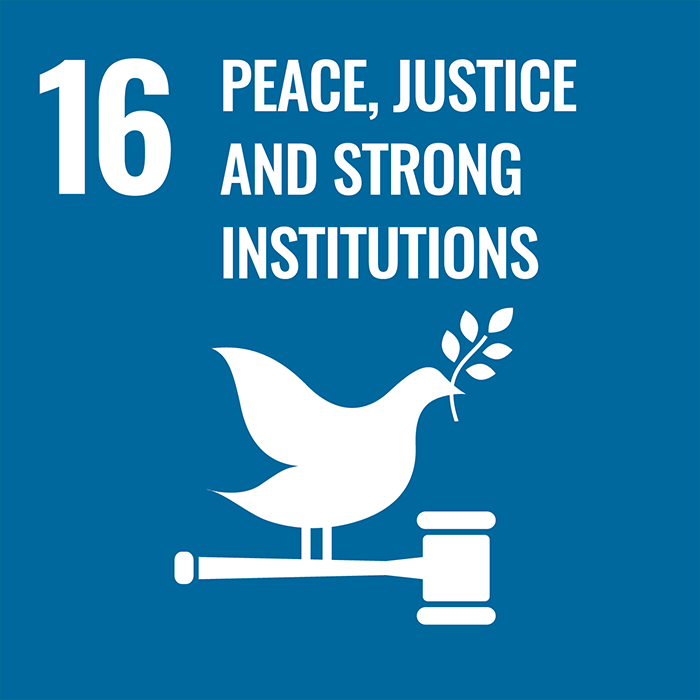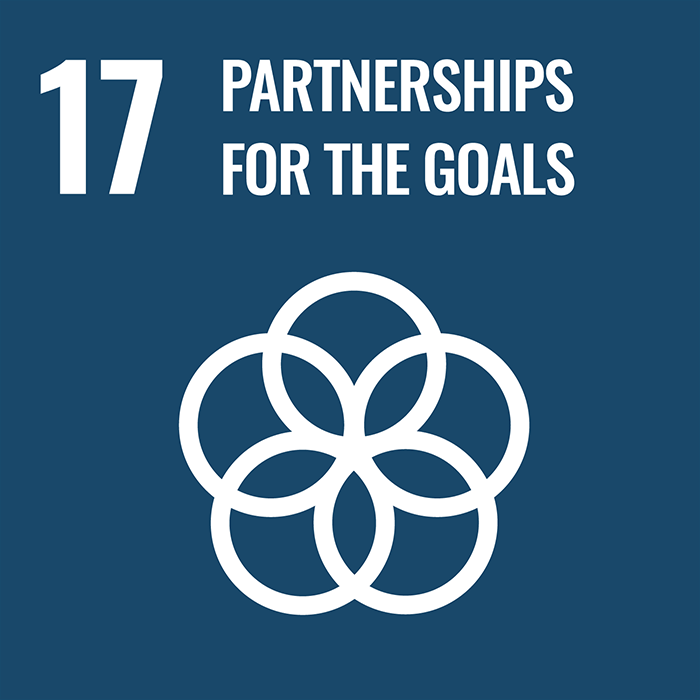UN SDG 3: Good health and wellbeing
Ensure healthy lives and promote well-being for all at all ages
Our research

Researchers at the University of Glasgow are transforming bowel cancer screening in the UK by developing a diagnostic tool that uses artificial intelligence to predict which patients will develop pre-cancerous lesions (polyps) and tumours.
Bowel cancer screening detects tumours and polyps in patients without symptoms, identifying cancers early when they’re easier to treat successfully.
Currently, all patients found to have polyps are scheduled for repeated colonoscopies, meaning that many people undergo unnecessary and invasive procedures.
In collaboration with the NHS and Scottish tech companies, the University-led Integrated Technologies for Improved Polyp Surveillance (INCISE) £3.37 million project will identify patients who would benefit the most from further colonoscopies so they are seen earlier, and any cancer can be treated sooner.
INCISE will combine polyp tissue and data from the NHS Greater Glasgow & Clyde Scottish Bowel Cancer Screening Programme to train algorithms that predict patients’ future risk. Researchers will combine information about specific changes in the polyp’s structure with new analysis of the genetic mutations that cause polyps to grow.
A national report, carried out every four years in collaboration with the World Health Organisation, presenting data on adolescent health and wellbeing, has provided a special focus insight into young people’s mental health in Scotland. The latest report also enables comparison of adolescent health and wellbeing before and after the COVID-19 pandemic.
The 2022 Health Behaviour in School-aged Children study in Scotland provides data on the health and wellbeing of the nation’s young people and was led by researchers at the University’s MRC/CSO Social & Public Health Sciences Unit and the School of Medicine at the University of St Andrews. The report was commissioned by Public Health Scotland.

Our researchers are transforming bowel cancer screening in the UK by developing a diagnostic tool that uses AI to predict which patients will develop pre-cancerous lesions (polyps) and tumours.
Learning & teaching

The Byres Community Hub has been the home of the University’s School of Health & Wellbeing since 2022. It is the gateway to the University’s west end campus as it is based on the site of the old Glasgow Western Infirmary Hospital. It brings researchers from six different research groups together to foster opportunities for crossdisciplinary work.
The Byres Community Hub holds interactive exhibits, temporary research exhibitions, research talks/seminars on health-related themes, opportunities to get involved in research such as patient and public involvement and lived experience panels, networking events with other community organisations and researchers, and meeting space available to local organisations.
Find out more
University operations

We strive to make the University a place where all colleagues feel balanced, respected, trusted and supported. To this end, we recently launched a Colleague Wellbeing Strategy and an accompanying Health & Wellbeing Hub online. Our strategy recognises the different kinds of wellbeing – social, financial, physical, mental and spiritual – and the Hub provides practical support, contact information and material in each of these areas.
An estimated 1.9 million people in the UK were experiencing long COVID as at March 2023. We are still learning about this new condition and ways to support colleagues as they adjust to managing this condition and its impacts.
Colleagues at the University can attend informal sessions which aim to bring together those living with long Covid and all its different forms, and share experience and tips on how to adopt new work-life patterns.
These social events will take a cafe-style approach and will allow colleagues living with long covid, or caring for someone who is, to come together and share their experiences and strategies for dealing with its impacts and get peer support.
Find out more
Civic engagement

Homelessness is a life plagued by uncertainty and insecurity and a dog can provide much needed companionship to people experiencing hard times. The Trusty Paws clinic has been set up by University of Glasgow students to provide care to homeless dogs in Glasgow.
The monthly clinics provided by Trusty Paws give people the opportunity to have regular check-ups for their pets.
Local vets from across the city, along with lecturers from the University’s Vet School, volunteer their time to oversee the clinics, allowing the students to gain invaluable practical clinical experience.



